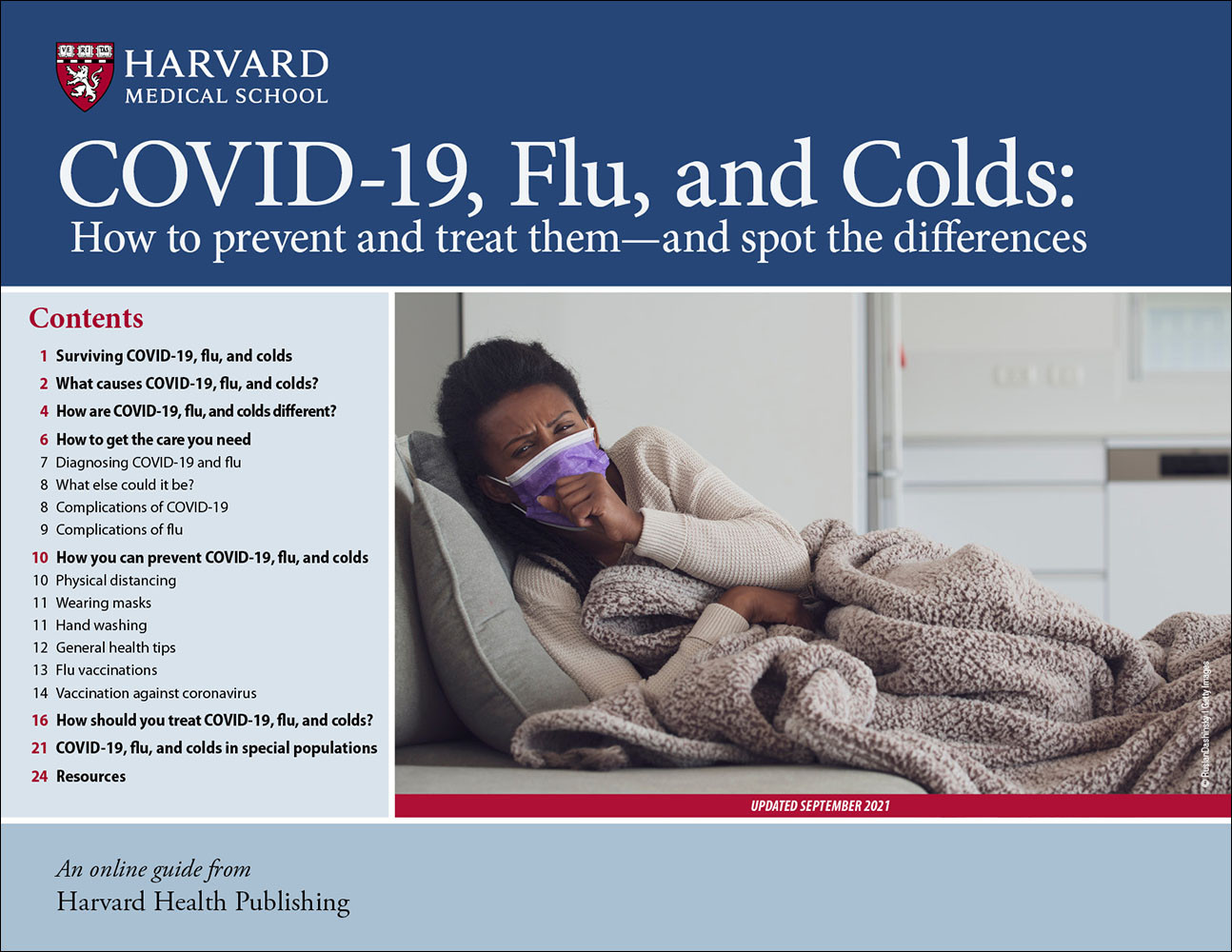The sore throat checklist: What parents need to know
Sore throats sparked by viruses, bacterial infection, allergy, or other causes usually aren't serious –– but occasionally signal an emergency.

Sore throats happen to children all the time — and most of the time, they are nothing to worry about. Sometimes, though, parents do need to worry. Here's what parents should know about sore throats.
Signs that a sore throat could be an emergency
First and most important, here's when a sore throat could be a sign of a real emergency:
- When your child has any trouble breathing. The sore throat could be a sign of a swelling or blockage in the respiratory system.
- When your child is having trouble swallowing, especially if they are drooling. This also could be a sign of dangerous swelling or blockage.
- When your child has a high fever that won't go down, or unusual sleepiness. A temperature of 102° F or higher that won't go down with acetaminophen or ibuprofen, or unusual sleepiness, could be a sign of a serious infection.
- When your child has severe, unrelenting pain. That kind of pain, anywhere, warrants immediate attention.
If any of those happen, you should take your child to the nearest emergency room.
More common reasons for sore throats in children
Luckily, such emergencies are rare. Sore throats can be caused by many things, including:
- Viral infections. It's most likely a virus if along with the sore throat your child has a runny nose and cough, perhaps with body aches, fever, an upset stomach, or diarrhea. Many different viruses can cause these symptoms, including flu and COVID, along with more garden variety ones like rhinovirus, which causes the common cold. If your child has a sore throat that doesn't go away easily with something to drink and some distraction, check in with your doctor about whether any testing might be warranted.
- Allergies. Sore throats often come along with allergies, especially when stuffy noses lead to mouth breathing, which leads to a dry mouth. It can be hard to tell the difference between allergies and a virus. If the sore throat is mild and accompanied by a stuffy nose, sneezing, and some itchy eyes, chances are it's allergies. If you aren't sure, check with your doctor.
- Bacterial infections such as strep throat. It's more likely to be a bacterial infection if there is fever and there's no runny nose or cough. Sometimes children with strep throat will also have a headache, stomachache, and a sandpapery rash, as well as a voice that sounds like they are holding a hot potato in their mouth.
- Irritants that are inhaled or swallowed. Exposure to irritants in the air, like air pollution, can cause a sore throat — as can swallowing anything that irritates the throat, like acids. Be sure to keep all dangerous things out of your child's reach. Call your doctor or a Poison Center (800-222-1222) if you think your child has gotten into anything.
- Gastroesophageal reflux. When acid comes up from the stomach, it can lead to a sore throat. If your child has problems with stomachaches and/or heartburn along with the sore throat, that may be the cause. Talk to your doctor about this.
Preventing sore throats
To help prevent the infections that can cause sore throats, it's always a good idea to
- wash your hands regularly (or use hand sanitizer if soap and water isn't available)
- avoid touching your face
- wipe down public surfaces before touching them
- do your best to stay away from sick people
- Get vaccinated against flu and COVID every year.
As we learned during the COVID pandemic, wearing a mask can be very helpful when it comes to preventing infection. If you have to be around sick people, or are going to be around a lot of people and don't want to get sick, you might consider wearing a mask.
About the Author

Claire McCarthy, MD, Former Senior Faculty Editor, Harvard Health Publishing
Disclaimer:
As a service to our readers, Harvard Health Publishing provides access to our library of archived content. Please note the date of last review or update on all articles.
No content on this site, regardless of date, should ever be used as a substitute for direct medical advice from your doctor or other qualified clinician.
















